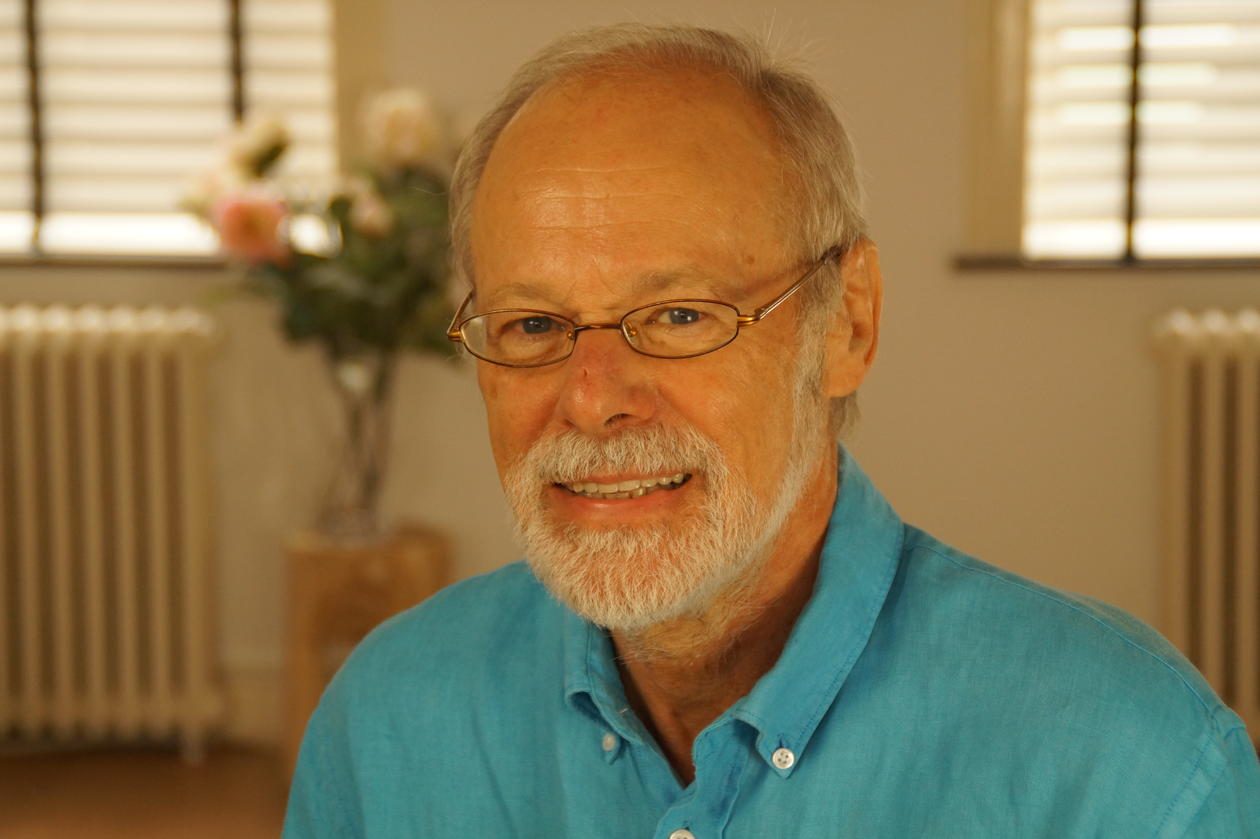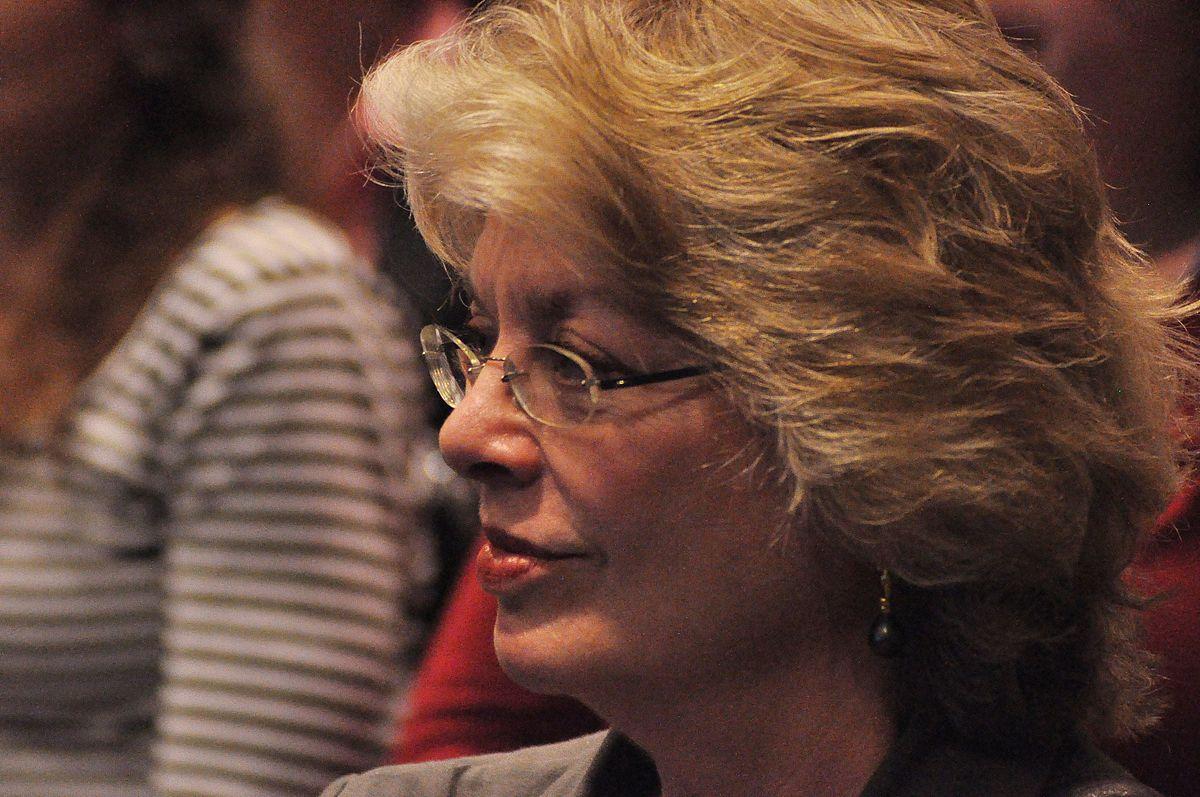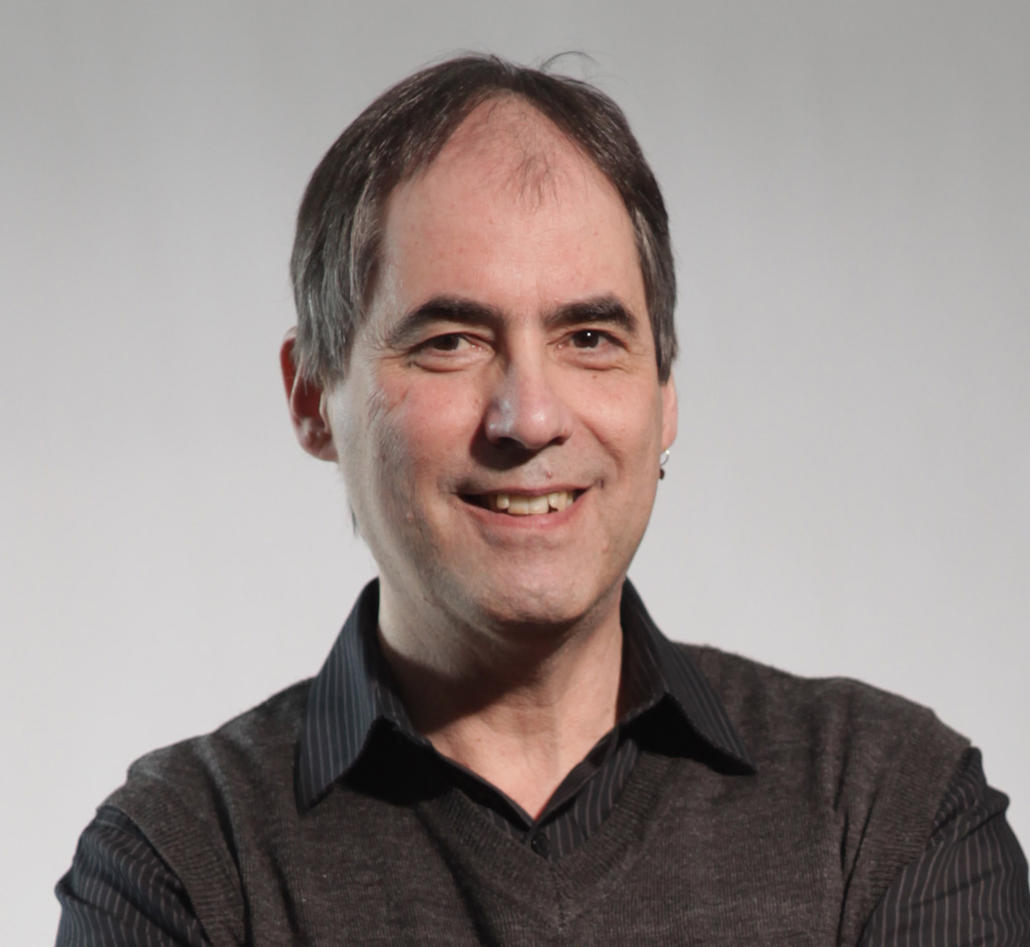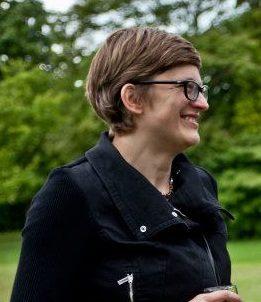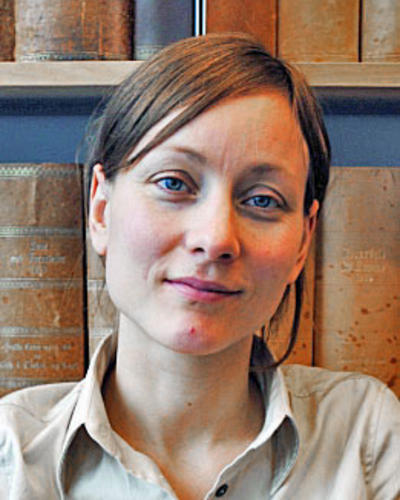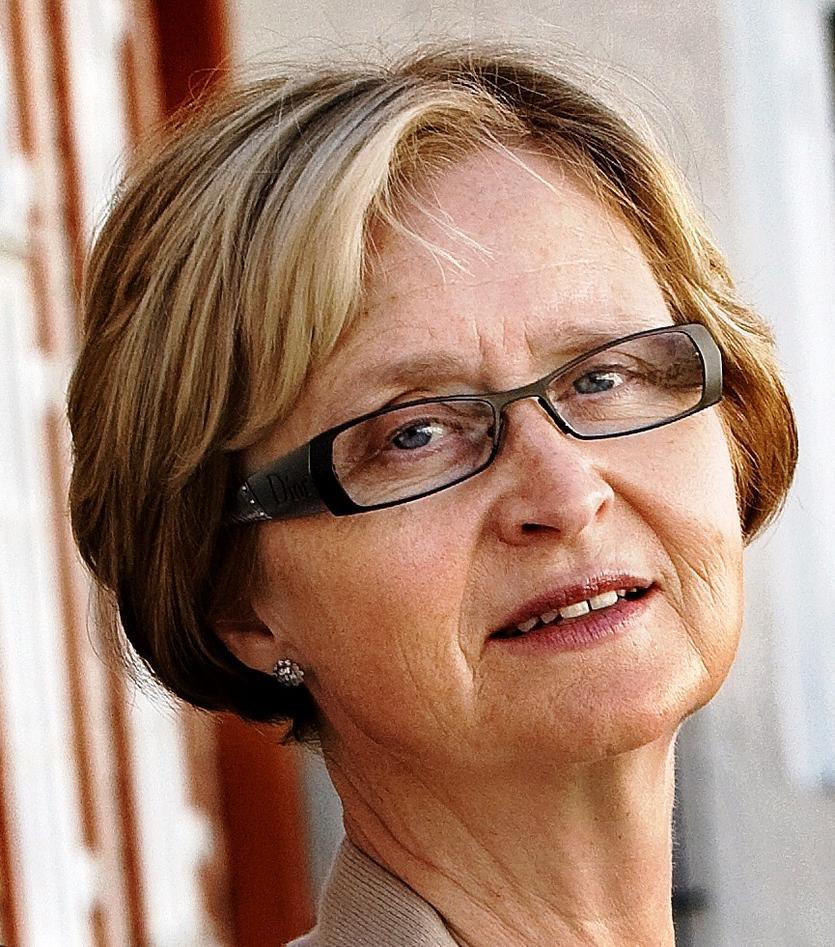Defining Old Age: Literature, Psychology, Law
What are the psychological, legal and cultural thresholds of the adult life phases referred to as “the third and fourth age” (Peter Laslett), and how do they affect perceptions of selfhood and personhood?

Hovedinnhold
Bringing together scholars from literary studies, psychology and law, this research seminar will highlight historical and contemporary “definitions” of old age, and compare different discursive traditions’ criteria for distinguishing the late stages of human life. In comparison to the traditional paradigm of fixed life cycles, the social concept of old age is today both fixed and floating. Laslett’s description of the third age as an era of personal fulfillment, contrasted with the fourth age of decline, dependency and death, has been criticized as a source of inequality. Cross-disciplinary approaches to ageing reveal the diversity and contradictions of past and present categories of senescence and remind us of unresolved questions regarding the ageing individual’s status, rights and responsibilities. While categorization of the elderly can cause repression and alienation associated with ageism, comparing stereotypical categories from different knowledge traditions can contribute to critical revision and reappropriation of current perceptions of old age.
The defining transitions of late life (i.e. grandparenthood, retirement, impairment, loss of near relations, dependency, institutionalization, etc.) are biologically, culturally and socially determined, not the least by intergenerational expectations. Encounters with these thresholds will often raise ethical and existential dilemmas which call for inter- and pluridisciplinary inquiries. Some thresholds pertain to the human condition and may also demarcate earlier life phases, while that of retirement is ordained by law and sets a starting date for senior status in most professions. Retirement age is now a strongly debated issue. Psychotherapists know some of the individual consequences of these legally defined limits, and recognize the psychological mechanisms that may be released by definite exclusion from work life and withdrawal from a professional role. Literary writers dramatize this kind of transition from the inside, conveying the irreducible complexities of subjectivity as they project the private crisis onto a tragic, poetic or comical scene; while literary scholars may probe the historical, philosophical and esthetic premises of these transitional moments’ late styles, forms and figures.
The question of personal autonomy and individual freedom defines other crucial thresholds in late life, where Law, Psychology and Literature need to complement and challenge each other’s insights to reduce the risk of reductionism and injustice. In Western societies, personal independency is very highly rated. What are the stages and degrees of autonomy and how are they conceptualized? Some literary accounts may describe the ambiguities of public and private care versus control of elderly characters, and old age as literal or figurative imprisonment; while others represent the pensioner’s otium as a period of liberation. As this period of life becomes longer, and the boundaries between young and old less distinct, self-realization as a moral ideal for young and old is being challenged by a call for stronger intergenerational obligations.
To an unaccustomed visitor from the outside world, the last stages of institutionalized lives may shock. How do we draw a line between the still humane and the not yet inhumane? And how humane is our treatment of the very old? In some cases literary testimonies of compassionate imagination will nuance or contradict the formal distinctions of law or psychological expertise. What are the limits of fading personhood and where does it end: therapeutically, legally, symbolically?
Topics and questions of interest include, but are not limited to, the following:
- How are ageing individuals categorized and delimited from the inside and the outside? (culturally, therapeutically, legally)
- Psychological, legal and literary constructions of "standard" versus aged adulthood
- Defining life stages, past and present, causes and consequences
- Age limited obligations and rights (related to work, rehabilitation, therapy..)
- Limits of agency, autonomy, responsibility, sanity, personhood
- Conceptions of senescent perfectibility or decline
- Defining moments of transition in late life narratives
- Thresholds of devaluation, diminishment, empowerment, rejuvenation
SPEAKERS
Kathleen Woodward (University of Washington)
Defining Old Age: Reading the Coming of Age through Margaret Drabble's The Dark Flood Rises
Drabble's recent novel The Dark Flood Rises (2016) might be said to illustrate the Foucauldian point that power-biopower-is administered in western societies in terms of populations, with neoliberal societies producing the relative isolation of aging individuals who are largely responsible for their well-being, care, and death. More specifically, old age in Drabble's contemporary English world is figured predominantly as conforming to two categories of such (white) ordinariness that they seem normative-old age without serious illness (the third age) and old age with serious if not terminal illness (the fourth age), a distinction age studies scholar Harry Moody has characterized as "splitting" in the psychoanalytic sense and called "hopeless." To what extent are these relatively new "normative" categories dehumanizing? But Drabble's novel also drives home several emergent possibilities that threaten the composite portrait of a benign lived experience of aging in The Dark Flood Rises, adding distinct apocalyptic prospects to growing old, haunting the future. One is the coming population flood of brutalizing migration, a violent effect of colonization and globalization that will bring on shore overwhelming numbers of people who are younger than the resident population (those who are older cannot suffer the journey). Another, more radical possibility is the manifestly non-human force of techtonic planetary shifts. In comparison with the coming cataclysmic cracking of the earth, the ordinariness of old age shrinks, diminishing human life expectancy in Drabble's England as the measure of things, reducing the very scale of the human life span, with its telos of aging to death, in the enormity of the face and frame of the non-human. What this allows us to glimpse is that as age studies scholars we have understood the coming of old age-socially and existentially-as limned by historical conditions, with the historical implicitly conceptualized as the history of the human. Might The Dark Flood Rises signal a facet of what a posthuman age studies might look like?
Jan Baars (University of Utrecht)
‘Old Age’ at the Nexus of Age and Social Justice
Definitions of who is “old” and when “old age” would have arrived, have long been more dependent on the appearance and physical capacities of individuals than on chronological age (Thane 2005). As a result of the 20th century institutionalization of the life course the onset of ‘old age’ in Western societies has been defined by law and combined with age-related entitlements. However, rising life expectancies and accelerating technological change have undermined age-based definitions of being ‘old’. These developments necessitate a rethinking of the project of implementing social justice over the life course, including the recognition of ‘old age’.
Stephen Katz (University of Trent)
Age Crises across the Life Course: Knowledge-Making and Public Texts
This presentation reviews the knowledge-making roles of public texts and professional literatures in precipitating a modern crisis-laden life-course. Historically, according to Foucault, text-craft was central to state-craft such that governmental biopower over life – its health, movements, labour, reproductivity – required archives of statistics, surveys, maps and censuses as well as official experts to create them. Such literatures folded the vagaries of human existence into stratagems of public control that naturalized human types into populations, including ‘the elderly,’ but amongst whom activist communities were also born around vital issues of health, environment, security, reproductive rights, and longevity. Foucault also reinforced historical scholarship about ‘the history of the present’ that valued ‘confused’ or non-obvious documents in order to trace how textual genres such as codebooks, registers, education manuals or psychological surveys become components of official policies, legal systems, health regulations and civil codes. In age studies, the archive of medical atlases, health inventories, body scales, cognitive tests, developmental stages, and ‘state-of-the-art’ handbooks, as well as memoirs, diaries, biographies and albums, if considered from an extended Foucauldian purview, provides a rich literary storehouse in which to discover the particular ways in which we have come to live and find truthful meaning in our ageing lives (e.g., ‘stages of development’, ‘successive generations’, narratives of ‘decline’). With this theoretical perspective as background, this presentation illustrates five examples of textual practices and discourses of age-related life-course crises, drawn from various professional and public literatures, images and media: a) childhood crises and the risks of obesity; b) adolescent crises and the risks of youth; c) mid-life crises and the risks of despair; d) ageing memory crises and the risks of dementia; e) longevity crises and the risks of anti-ageing post-humanity.
George Rousseau (University of Oxford)
No Late Style, Written out of the Great Tradition, but Abundant Ageing and Healthy Old Age: E. M. Forster’s Contentments
Walter Benjamin, the insightful German philosopher and critic who published the most astute précis of Proust – ‘Sur Proust’ (1929) – shortly after his death, commented that after all was said and done and the biographical evidence exquisitely gathered, medicine offered Marcel little about his agonizingly chronic psychosomatic asthma and that only his own writerly imagination prepared him to cope with its ravages. Benjamin wrote: ‘The doctors were powerless in the face of this malady; not so the writer, who very systematically placed it in his own service.’ This talk glances at another very famous contemporaneous writer who, unlike Proust, had no need of ‘the doctors’ and suffered from no ‘illnesses’. He lived to a great age and aged well without subscribing to any medical wisdom along lines of diet, exercise, lifestyle, mental health, or the like. For him all flowed more or less smoothly as he aged, and only one element could have deranged and dragged him down – the law. But he circumnavigated the legal morass so well that it too conspired, together with his benign genetic pool, to push him onwards towards centenarian status. How did he do it?
Charlotte Lee (University of Cambridge)
Learning to Listen to Old Age: How Literature Can Help the Rest of us
In order for one person to be heard, another needs to listen. In a much-quoted statement, Goethe speaks of the novella form as an ‘unerhörte Begebenheit’ – that is, an event or happening of which people have not heard, or to which they have not listened. The German ‘erhören’ contains a nuance which is difficult to capture in English: it implies a responsive type of hearing, one which enfolds in itself an answer, or at least the will to one. It is precisely that type of responsiveness which is often withheld from marginalised groups, including the elderly. Researchers have argued powerfully for the importance of enabling people with dementia not only to find their stories again, but truly to tell them, to have them interact with and be embedded in the stories of others. Yet the case also needs to be made in more general terms. ‘Being elderly’ is not synonymous with ‘having dementia’; but for many, especially in western societies, ageing immediately and exclusively implies degeneration. There is, I contend, a need for reminders to be delivered to the rest of society that old age can be a time of regeneration, creativity and – to use a somewhat outmoded term – wisdom. I shall examine some powerful and attractive literary demonstrations of this, focussing in particular on Goethe, who produced some of his most innovative work in his late seventies. I shall ask what this and other examples of artistic creativity in old age might do to reverse the damaging stereotypes which affect the elderly in many western societies, and to help the rest of us to listen.
Elizabeth Barry (University of Warwick)
Dementia, Personhood and the Body-Subject: The Margins of Agency
This paper considers recent constructions of personhood in advanced old age and dementia in Anglo-American philosophy, from Ronald Dworkin's trenchant essay on the limits of personhood Life's Dominion: An Argument About Abortion, Euthanasia and Individual Freedom to Agnieszka Jaworska's work in 'Respecting the Margins of Agency' and elsewhere on the capacity to value in those with dementia. It will consider arguments for thinking differently about personhood in dementia based on the expanded sense of cognition that has emerged with the recent emphasis on embodiment and emotion in neuropsychology, as well new thinking in philosophy and law about autonomy and agency in relation to an ageing population. It will go on to consider the resulting conceptions of personhood in relation to memoirs such as Thomas DeBaggio's Losing My Mind and Robert Davis's My Journey into Alzheimer's Disease as well as fictional representations of dementia in the work of Bernlef, Munro, Harvey and Thomas.
Catherine Oakley (University of Leeds)
Entropy and Atrophy: Ageing and the Conceptual Metaphor of Energy in the Late-Nineteenth and Early-Twentieth Centuries
In the closing decades of the nineteenth century, old age became a topic of growing concern and new visibility in politics, medicine, economics, and culture. Chronological definitions of old age in civic and legal contexts emerged alongside renewed clinical interest in the physiological and psychological aspects of old age as a distinct phase of life. At the same time, social and economic commentators debated the role of ageing bodies in industrial society. Cultural texts did not exist outside this discursive nexus, but played a constitutive role in their (re)formulations. In this paper, I trace an expansive network of interlinked and mutually-illuminating discourses related to ageing through an interdisciplinary, cultural materialist approach which draws selectively on a wide range of primary sources, including scientific writing, popular health manuals, journalism, literary fiction, and silent film. I explore representations and discussions of old age as a condition of dissipating bodily “energy” that was shaped, in part, by new scientific understanding of the laws of thermodynamics and their conceptual application to the human body. Combining historicist perspectives with close-readings of literary and filmic forms, I explore the ways in which an influential metaphor of ageing as corporeal entropy, grounded in the productivist logic of industrial capitalism, came to inform anxieties about old age as a condition of expended power. This, in turn, inspired interconnected narratives of bodily rejuvenation in the medical marketplace and the cultural imagination.
Project: "Endless Possibilities of Rejuvenation: Defying Ageing, Defining Youth in Britain, 1919-1948"
Maria Vea Lund (University of Bergen)
Age and Age-Related Impairment as Legally Relevant Factors
The presentation will provide an overview of provisions under Norwegian law which consider age and consequences of aging as relevant factors when determining whether the conditions for a legal effect are present. The purpose is to outline the content of these provisions and to clarify the manner in which age and consequences of aging (in the range from normal age-related impairment to dementia) are considered legally relevant. The attention will primarily be directed toward provisions that limit a person's legal capacity to act (the capacity to enter into legally binding contracts, to make a legally valid will etc.) and provisions under Norwegian law as well as in international conventions aimed at protecting the freedoms and autonomy of aging individuals.
Kjetil Rommetveit (University of Bergen)
Ageing as a Definitional Problem for Socio-Technical Innovation
This talk describes and critically assesses how the ‘ageing society’ as a political challenge increasingly appears as deeply entangled with efforts to make, produce and market more autonomous machines. Whereas this effort has a long pre-history, it took on more institutional dimensions with the establishment of a European technology platform for robotics in 2005. Upon the launch of this platform, then-commissioner for ICT and media, Vivian Reding, proclaimed how “We need … to address many societal challenges, the ageing population, the well being of our society, and the need for security … Robotics will contribute to these challenges”. Based upon a three-year study of various innovation networks in the European Union, I describe some main ways in which ageing has been imagined, appropriated and mobilised by actors within industry, science and law. For industry, ageing becomes inscribed into the making of new markets and value chains, centred around new machine-centric relations of care and companionship. For scientists, the ageing society can be addressed by (predominantly) a biomimetic approach to science and engineering. Seeing nature as an engineer, evolutionary mechanisms are turned into fundamental design principles that can be used for the making of friendly robots for care and companionship, such as the robo-seal Paro. Coming to law and legislation, it may seem that these do not directly address the question of ageing, but rather operates through other concepts such as dignity and human rights. Here, I describe an emerging controversy within the legal field about where and how to focus legal assessments: should they take a more machine-centric perspective, or should they remain human-centric, as presupposed in western constitutions?
Linda Grøning (University of Bergen)
Erik R. Hauge (Olaviken Gerontopsychiatric hospital)
Ageing and Criminal Responsibility: Psychiatric and Legal Implications of Age Related Impairment
Both normal ageing and disease may affect our mental functioning i.e. our ability to remember, reason and to use our language. This functioning is understood as central to the criminal law and its doctrines on criminal responsibility. At the same time, also older people can, and do, commit crimes. The question then arises: To what extent is it reasonable to hold older persons responsible? Our focus will be to discuss when ageing should imply a lack of or reduced criminal capacity, and how this should be evaluated by mental health professionals as well as the courts. Comparisons to other conditions implying criminal incapacity, such as mental disorder and in particular young age will be made.
Inger Hilde Nordhus (University of Bergen)
The Sleep-Wake Cycle in Old Age – Facts and Metaphors.
Circadian rhythms (the sleep-wake cycle)-relate to physiological and behavioural cycles with a periodicity of approximately 24 h, and are generated by an endogenous biological clock, called the suprachiasmatic nucleus (SCN). In synchrony with the solar time, the circadian system dictates the 24 h rhythmicity in rest-activity behaviour, feeding, body temperature, hormonal levels and many other biological processes of the organism. Any disruption of this system can, therefore, negatively affect sleep quality, alertness, cognitive performance, motor control, mental health and body metabolism. As we age, sleep disorders become more common, and even in healthy older adults the circadian rhythms may change and challenge the individual in his or her daily functioning. Circadian rhythm dysfunction is often observed in patients with Alzheimer disease and other dementias, in whom it has a major impact on quality of life and represents one of the most important factors leading to institutionalization of those suffering from dementia. Based on these facts, this presentation will focus on the conception of sleep in older adults, as expressed in facts and commonly used metaphors.
Margery Vibe Skagen (University of Bergen)
Rêverie and Late Writing
This paper presents one particular strain of inquiry within the research project Historicizing the ageing self: Literature, Medicine, Psychology, Law. It focuses on rêverie as a historically changing psychological concept, as well as on the late kinds of self-writing it has been associated with by French authors including Montaigne, Rousseau and Baudelaire. The aim is to present some elements of a possible late life genre modelled on reverie – introspective, non-linear, at once concentrated and peregrinating, open ended and accumulative – a genre which does not pertain exclusively to the Kingdom of the old, but might also speak the language of the young.
Svein Atle Skålevåg (University of Bergen)
Is there an Expiry Date on Responsibility?
Age and illness has for a very long time been part of the discussions on criminal responsibility, as factors potentially excluding responsibility. But the case in point has normally been the lower end of the spectrum, the problem of the minor; the old criminal has to a much lesser extent been a matter of concern for legal theorists. In the Norwegian criminal code of 1842, however, advanced age and its consequences was included among a number of conditions that might exclude responsibility. In this paper, I offer a discussion of this particular rule, how and why age was included among the relevant factors for considering responsibility and how and why it subsequently disappeared from the discussions.
Peter Svare Valeur (University of Bergen)
Three Approaches to Contingency: Wordsworth, Balzac, Adolf Loos
It has been argued that one of the major transitions of modernity is from “providence” to “contingency”; with the secularisation process of the 18th century human action and experience were no longer rooted in a religious system of reference, but instead appeared provisional and without any deeper necessity. This modern awareness of contingency, the awareness that everything can be different from what it is, creates hope, but – and that is important – also anxiety. Niklas Luhmann has thus spoken of various practices specialising in so-called “Kontingenzbewältigung”, i.e. practices which set out to miminise the risks of disappointment which will inevitably arise given the sheer number of uncertainties which impinge on our lives. One of those areas where contingency makes itself felt, is in the field of ageing. For we cannot control or fully explain why we suddenly or gradually start to get wrinkles, why our mental or bodily capacities are diminished, etc. The fear of growing old is thus a fear of being faced with a number of imponderables and uncalled-for circumstances which eventually it might be impossible to overcome or master. In my paper I will address one institution which, in the era of secularisation, has taken on the responsibility of dealing with contingency: Modern literature. I look at three texts from the long 19th century: William Wordsworth’s “Immortality Ode” (1804); Honoré de Balzac’s “Le Chef’d’œuvre inconnu” (1832); and Adolf Loos’s “Von einem armen reichen manne” (1900). All in all, they offer different and still popular strategies for coping with the uncontrollableness and vicissitudes of growing old.
